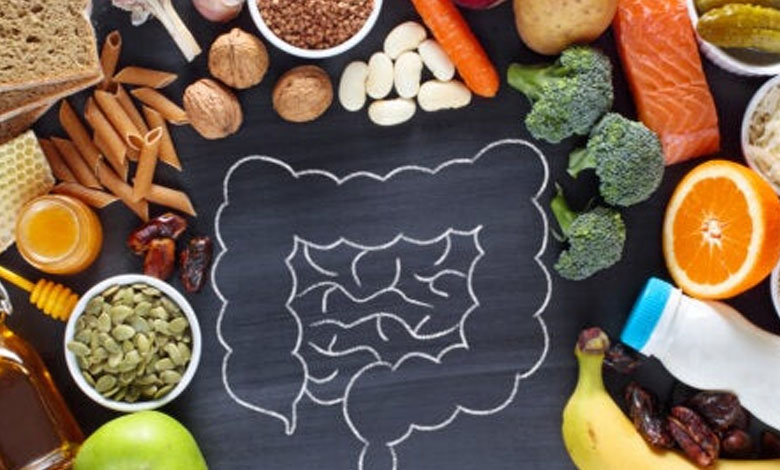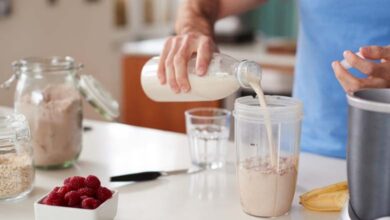6 keys Tools to taking care of your microbiome

In your digestive system there are no less than 1013 micro-organisms, as many as the number of cells that make up our body. “This set of non-pathogenic bacteria, viruses, parasites and fungi constitutes our gut microbiota (or intestinal flora)”, describes Inserm. You should know that these will have a protective function.
The microbiota has an impact on digestive, metabolic, immune and neurological functions. If it is unbalanced, it will be conducive to pathologiesespecially autoimmune and inflammatory diseases.
the role of the intestinal microbiota on our health is becoming better known by experts.
Yet many of you endure bloating, heartburn, constipation… without acting. This can mean your gut health is taking a hit.
Intestine: what are the risks if your microbiota is harmed?
A British dietician, Jo Travers, has just shared several solutions to take care of your microbiota. Indeed, it turns out that you can act directly on intestinal health by adopting good habits on a daily basis.
your diet, your sleep, your immune system or your stress level will act directly on the microbiota.
It is important to take this into account, because an unhealthy intestine can disrupt the normal hormone production and neurotransmitters that impact our mood and our state of mindwhich can also lead to chronic inflammation.
An unhealthy gut will also be unable to process food properly, which could lead to digestive issues such as gas, bloating, and abdominal pain. Your immune system may also weaken due to a lack of bacteria in the gut.
To avoid these inconveniences, Medisite shares you in pictures Jo Travers’ 6 keys to taking care of your microbiota throughout your life.












